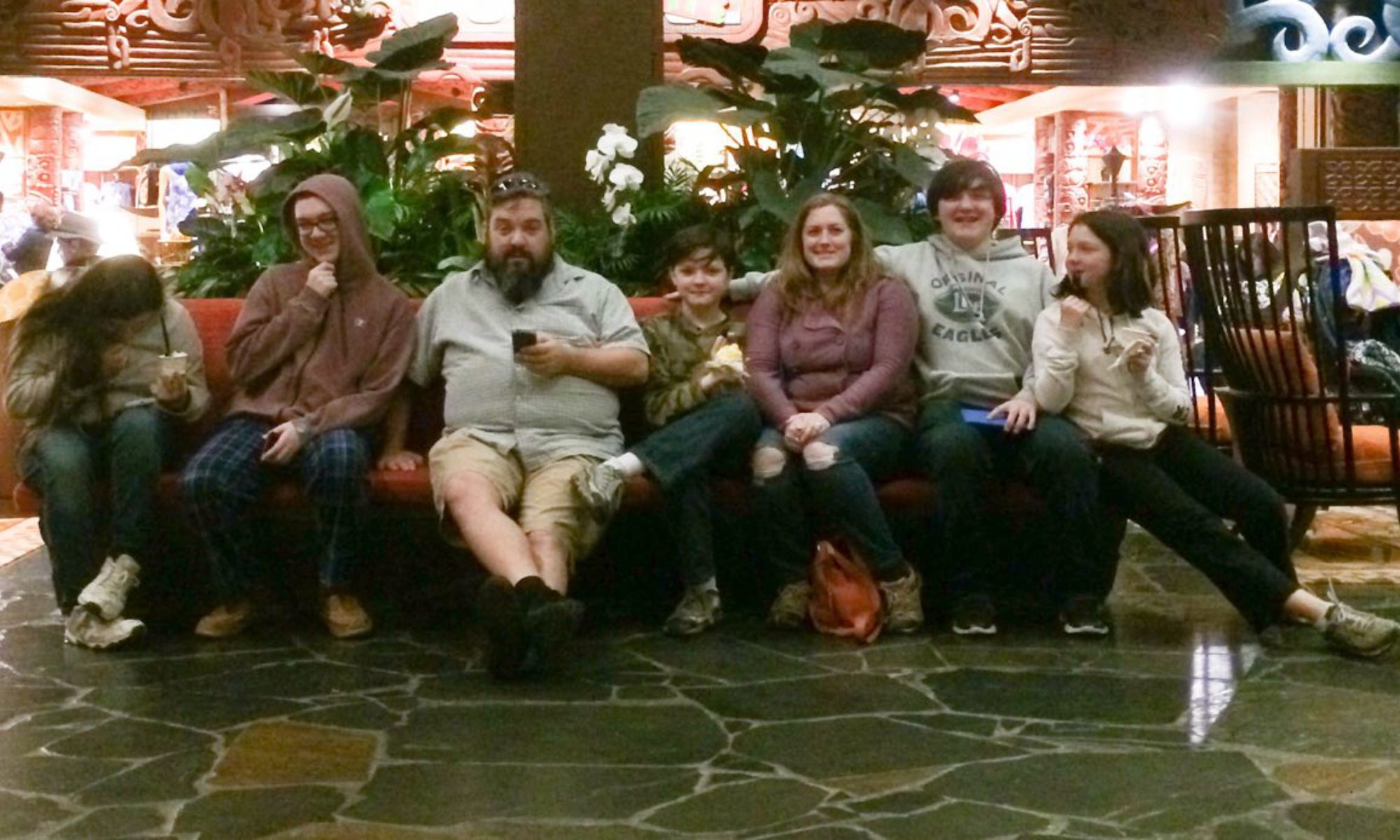By day, in homeschooling, we studied children’s books on birds (everything from penguins to owls to robins!) and read two (20 page) books on Audubon as a boy and then as a man.
At night, during the same study period, I read Under a Wild Sky: John James Audubon and the Making of The Birds of America.
I was rather surprised to find that, while Audubon was a hero of sorts – discovering the unknown and sharing a great artistic talent with the world by showing wildlife via paintings that some people would never seen otherwise – Audubon was a jerk!
It also was amazing to me how much he lied, even when he didn’t have to, to make himself more interesting. These fibs cost him relationships. The author, William Souder, would frequently note his sources, as the accounts would change depending on whom Audubon told his stories. Audubon was incredibly selfish, not considering his family’s welfare – even distancing himself from them, buying fancy clothes to impress would-be project backers, whilst his family starved and was barely eking by.
Lucy, Audubon’s wife, was so faithful to John even though he treated her like dirt. Many of their correspondences were so depressing. In her letters, Lucy would pour her heart out and beg to see her husband. In his replies, which she oftentimes didn’t receive for months because the mail was so slow, John would put her off and be very non-committal. Here she was wondering if her husband was even alive and then when she finally got a letter, her husband told her not to come and join him and, oh by the way, he just met the most lovely young lady… (Audubon once even painted nude paintings of one of the ladies he mentioned to his wife, although I can’t remember if the book noted whether or not he wrote home about it.)
I can’t imagine Lucy’s grief when two of her four children, both of her daughters, died. Her family lived far away, and she was pretty much left alone raising two boys and dealing with grief and hardship.
It also surprised me at first to learn that Audubon was the illegitimate son of a French sea captain from an affair with a Spanish-Creole servant. Although, after reading the biography, I can see his father’s example of fidelity, combined with being abandoned by his father was partly to blame for his understanding of relationships, marriage and love. Audubon originally was given his mother’s last name, Rabin. Audubon changed his last name to that of his fathers when he came to America with a falsified passport in order to avoid the Napoleonic Wars.
I also learned that Audubon typically painted life-sized paintings and that his method of study included shooting the birds with a small shot (he was a skilled marksman, of course) so as not to destroy the bird upon impact. He would then study the bird and put it into a pose for his painting. He would kill over 100 birds a day, and would seek to hunt the rarest of birds, apparently without consideration that he was lending to their extinction. Even in his time, he observed that certain species were becoming harder to find. This did leave me pondering whether it was more important that the bird lived or if Audubon made an accurate and permanent record of the bird by painting it. I found myself imagining Audubon, this wild man, carrying around gigantic canvases and protecting them as he traveled through inclement weather and over great distances on foot.
Prior to reading this book, I had never before heard of the cedar waxwing bird. What gluttonous little creatures! Here’s an excerpt from the book about this particular species:
The cedar bird – now called the cedar waxwing – was a glutton. Audubon found that the cedar bird was especially fond of sugary fruits, like the berries found on the red cedar or mountain ask. With an abundant supply of berries, cedar birds sometimes ate until they were rendered temporarily flightless and could actually be caught by hand.
Once, Audubon wounded several cedar birds. Hoping to nurse them back to health, he put them a cage and fed them apples – only to watch the birds gorge on the fruit until they suffocated. When he dissected the birds, they were packed with apples “to the mouth.”
Perhaps one of the saddest aspects of learning more about Audubon was that he did not mention God in any of his personal correspondence or journal entries. (To be fair, if he did, it was not recorded in this particular book, although one would think that with the number of quotations that, if Audubon had a love of God, it would have shown up here and there in Souder’s account.) It just struck me that a man so in tune with and fascinated by nature did not give much credit or thought to its Creator.
